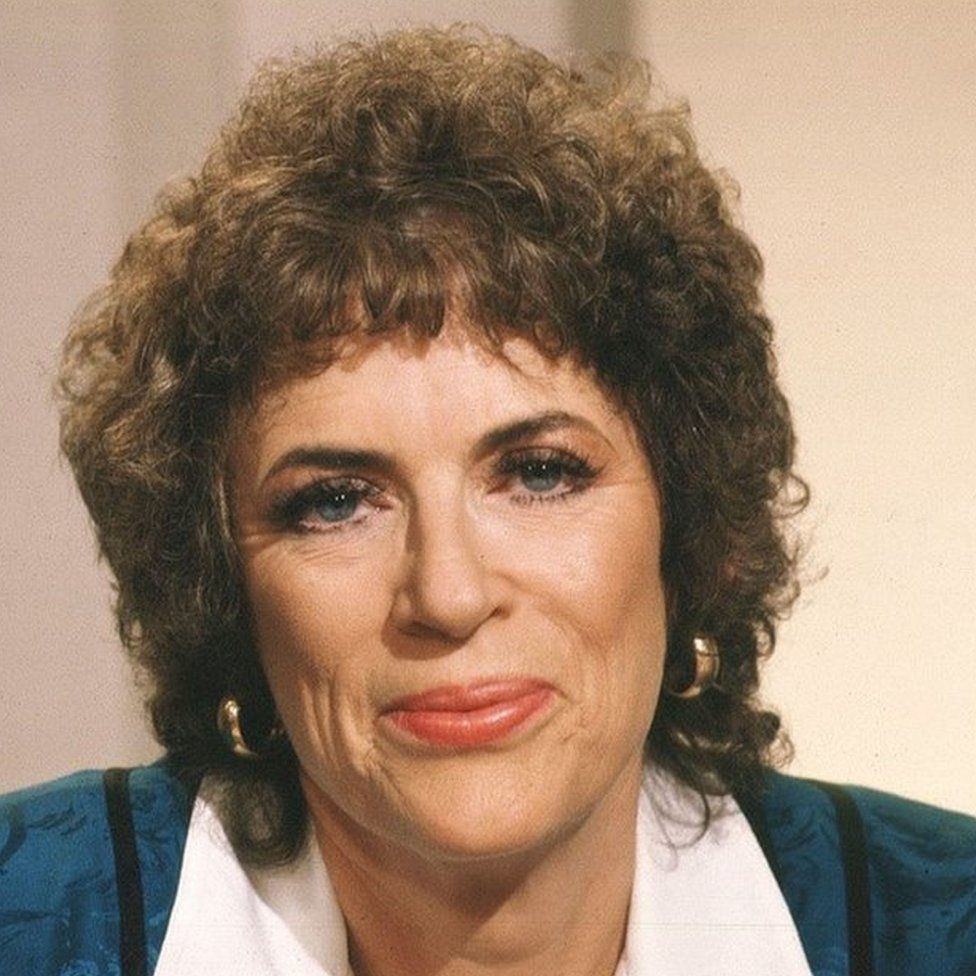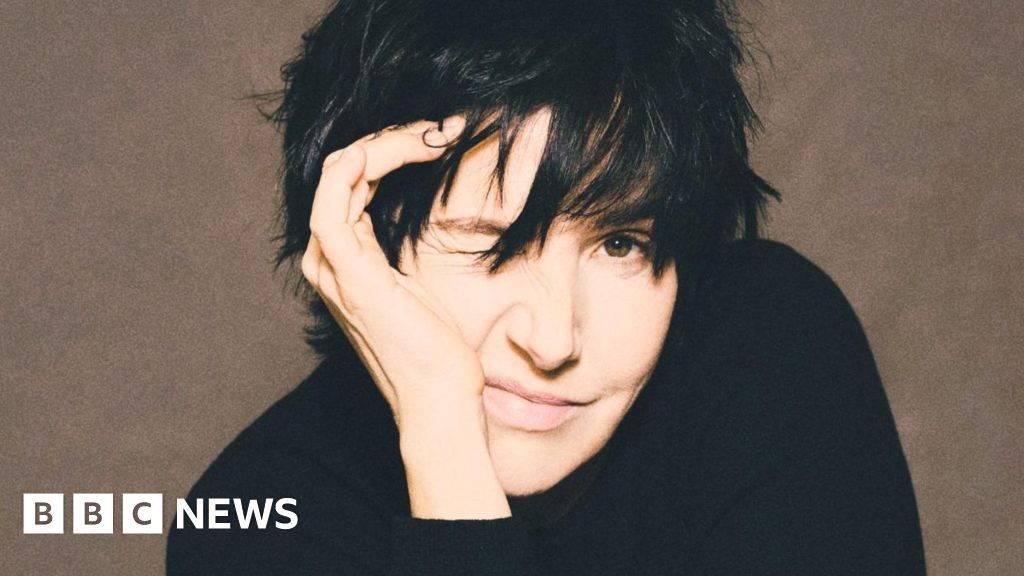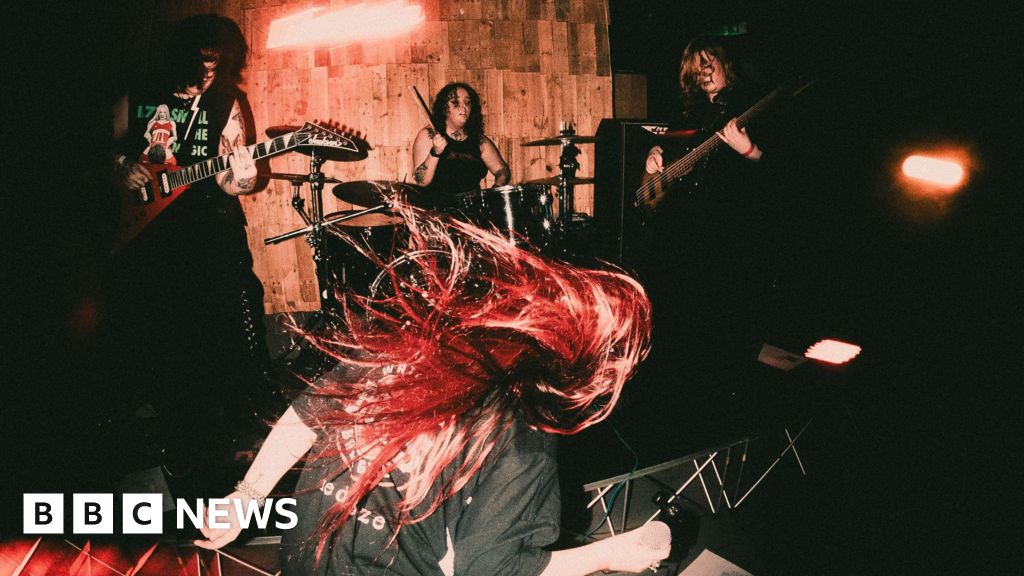ARTICLE AD BOX

Dame Ann Leslie was one of Britain's most famous - and most formidable - journalists.
She was an apparently fearless reporter, a forthright commentator and pundit, and a storyteller of wit and originality.
Her career was made all the more remarkable by the fact that she was a woman, who succeeded in the face of the newspaper industry's deep-seated sexism in an era when women were supposed to specialise in what she called "knit-your-own-royals" features, not become roving foreign correspondents.
She reported from more than 70 countries and witnessed first-hand such epoch-making events as the fall of the Berlin Wall, the first Gulf War and Nelson Mandela's walk to freedom.
Ann Elizabeth Mary Leslie was born in Rawalpindi, in what is now Pakistan, on 28 June 1941, the daughter of an oil industry executive.
At the age of four, she was sent to a local boarding school, and at nine, to a convent school in England.
She got her first job in journalism in 1962 at the Daily Express in Manchester, straight out of Oxford. As she later told the story, her news editor took an instant dislike to this young, educated woman foisted on him by head office in Fleet Street.
Image source, Getty Images
Image caption,She initially struggled to overcome male prejudice
"You're keeping a good man out of a job," he told her, and did everything he could to make her life difficult.
No-one gave her a copy of the Daily Express style-book, so she invented her own style, considerably livelier and more readable: the news editor may have hated her stories but they made the night editor laugh and he put them in the paper.
Salvation came, according to her account, when she was sent to Oldham in a blizzard to interview a dwarf who had been at school with Cary Grant. They got on like a house on fire, sipping the Scotch he kept hidden from his wife in a kettle.
"We were getting merrier and merrier. Suddenly the wife, who looked like Les Dawson, turned up," she later recalled. "She was furious. She saw this upper-class woman wearing a fur coat getting tipsy with her husband. So she threw me out."
But the story made the paper and she was promoted to a job in London, and later given a column under the headline, "She's young, she's provocative and she's only 22."
To begin with, she concentrated on showbiz stories. In her autobiography, she recalled being propositioned in a Paris hotel room by a trouser-less David Niven, being driven by Steve McQueen in a Mini Cooper "at terrifying speed up and down Park Lane in Central London - mostly on the pavement".
After a time, she startled her editor by resigning her column and asking to switch to "proper reporting". Later, by which time she was reputedly the highest paid woman in Fleet Street, the Express's foreign editor David English started sending her to write features abroad.
He offered her the job of running the paper's New York bureau as well, but was overruled by the editor, who said, "Women can't run bureaux." She left the Express, turned freelance, and when David English became editor of the Daily Mail she signed an exclusive contract to write for the paper.
Over the next 40 years she filed stories from around the world, including many wars and disasters. There were civil wars in Zimbabwe, El Salvador and the former Yugoslavia; the first Gulf War in Iraq; the Falklands in the aftermath of the Argentine invasion; and the Middle East.
She donned full Islamic dress to report undercover from Iran and once had to dodge out the back door of a shop in Zimbabwe to escape the attentions of Robert Mugabe's secret police.
In Israel it's said she once narrowly escaped three suicide bombings in one day, and in April 2002 she was the only British journalist in Manger Square in Bethlehem when Israeli tanks moved into the town: it was one of numerous occasions when she managed to be in the right place at the right time.
'Shrieking' feminists
On another occasion she arrived in Berlin just in time to see the Berlin Wall come down in 1989.
She always denied being "a war junkie", and indeed she covered at least nine US presidential elections and five superpower summits, travelled with Mrs Thatcher during the 1979 election campaign, went to Mexico to file stories on the country's notorious drug cartels and reported from Moscow during the Cold War.
She was more interested in people than in military tactics, and in the impact of politics on ordinary men and women than in weapons.
Image source, PA
Image caption,She was created a dame in 2007
She was a formidable woman but wary of what she sometimes called "shrieking" feminists. Women should stop whingeing, she used to say. "The point is that you have to be tough, and we learn to be tough by being challenged."
She was happy to defend the Daily Mail against charges that it demeaned women. "I worked for the Mail for absolutely yonks. I was never demeaned, I was given fantastic jobs, nobody said to me, 'Oh well, you've only got this job because you're pretty,' because I wasn't that pretty anyway, I was good at my job."
In 1969, after many years of courtship, she married Michael Fletcher, a studio manager at the BBC. They'd met at Oxford. But he had to organise the wedding and she didn't tell her family.
She told another interviewer that she had been offered editorships down the years, but had always refused them.
"In a funny way - and people laugh when I say it - I am not ambitious. I have never wanted to have the name on the door, I have never wanted to have secretaries and chauffeurs and things like that. It's a cliche now, about journalism being the first draft of history, but I want to have the thrill of seeing things happening which are going to go into the history books.
"I'll play a very small part in it, but I want to know what it feels like for the people on the ground."

 1 year ago
45
1 year ago
45








 English (US) ·
English (US) ·